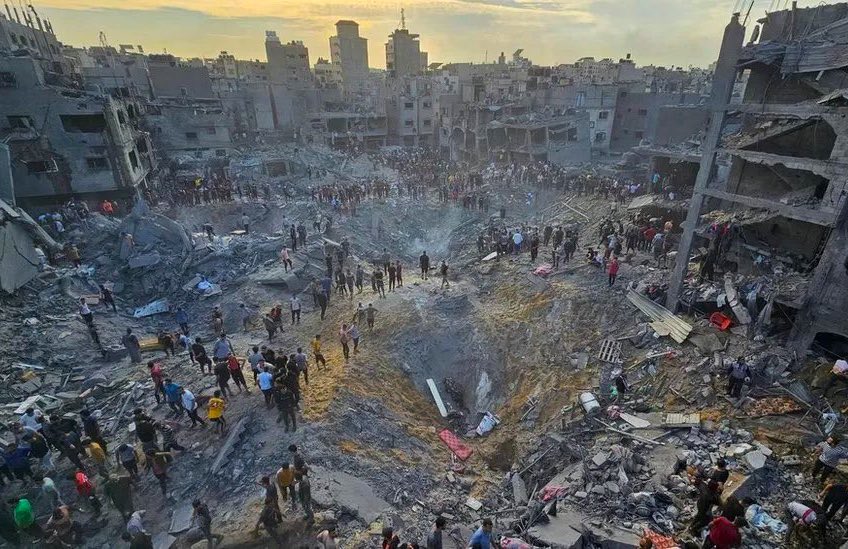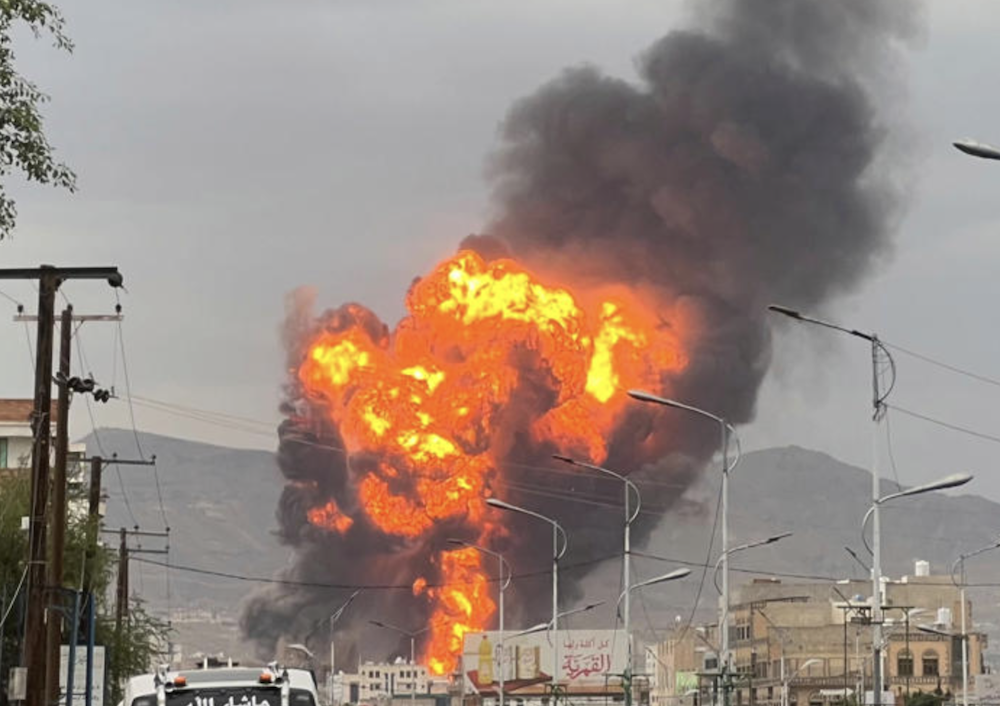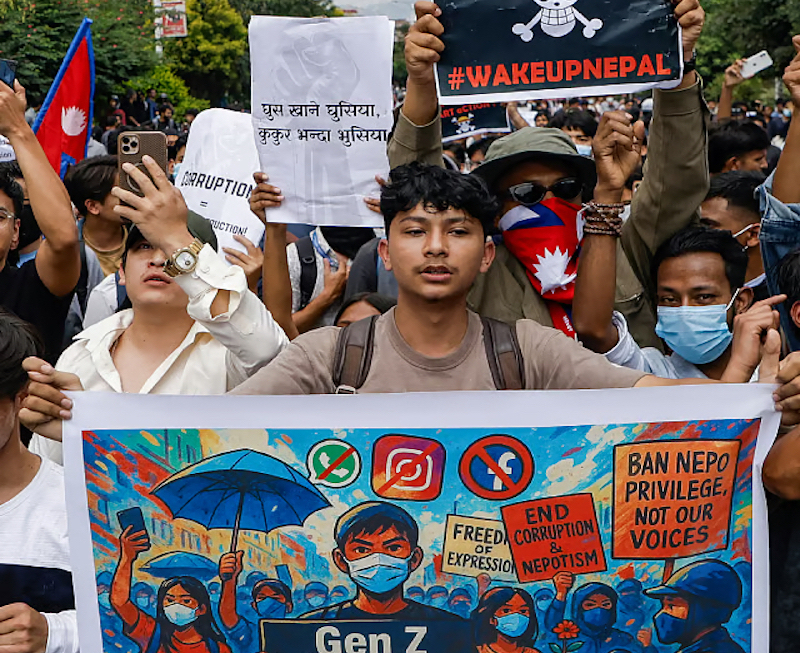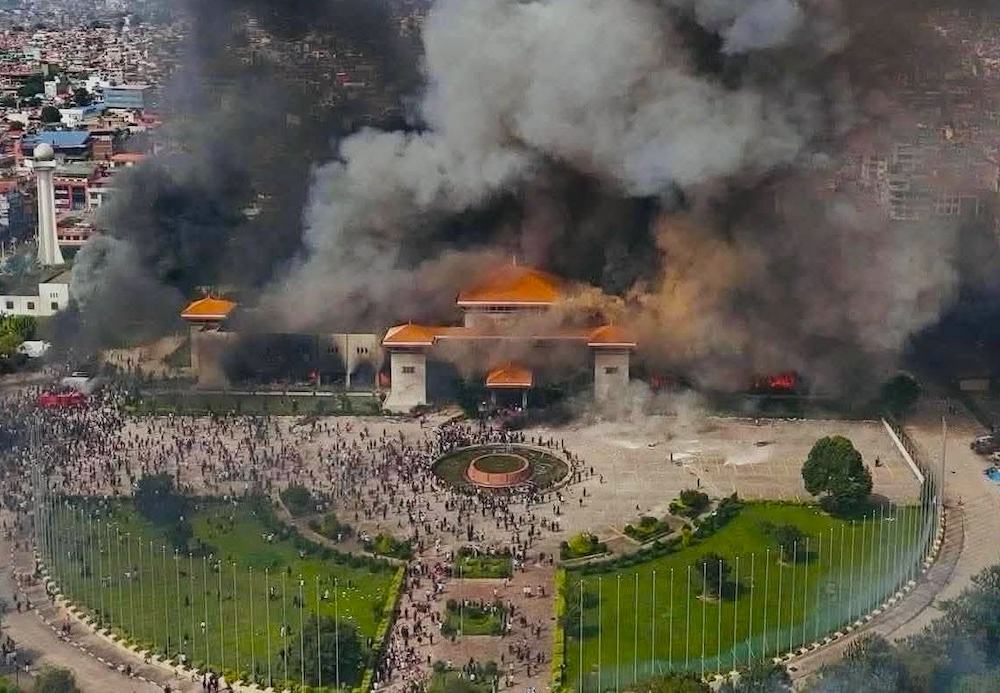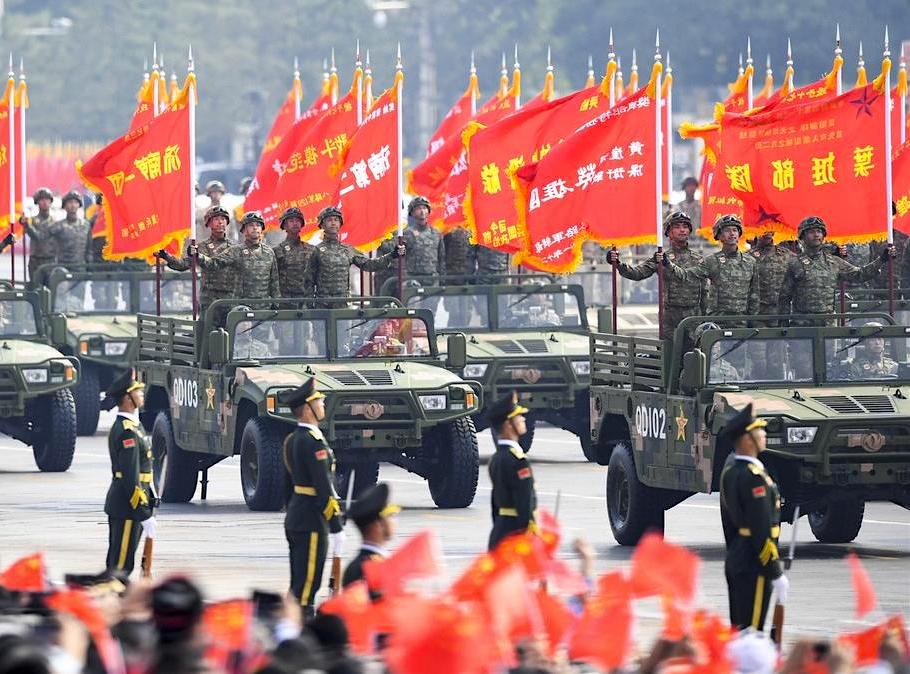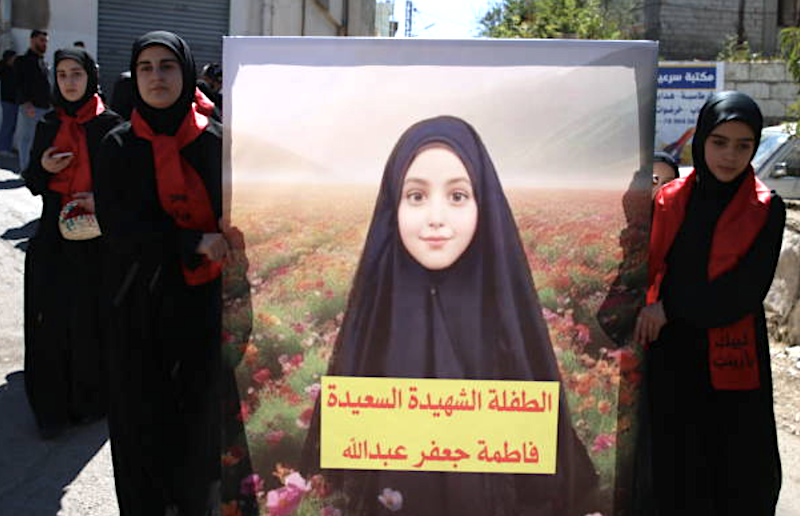 Mourners carry the portrait of the Lebanese girl, Fatima Abdullah, who died in one of the pager explosions, on September 17, 2024. (Photo via X)
Mourners carry the portrait of the Lebanese girl, Fatima Abdullah, who died in one of the pager explosions, on September 17, 2024. (Photo via X)
New Delhi: In what seems like a sequence from an action movie based on a fictional novel, hundreds of pagers used by Hezbollah members exploded almost simultaneously across Lebanon and Syria on Tuesday. These explosions were followed by a second wave of attacks on Wednesday, in which electronic devices, like walkie-talkies and solar panels, exploded.
Hezbollah and Iran have blamed Israel for the attacks, while global security experts said Israel’s fingerprints are all over the attacks. They pointed out that this wasn’t the first time Israel used sophisticated technology to target its adversaries, like this.
These coordinated attacks have left the region reeling, with significant casualties and widespread panic. According to latest reports citing the Lebanese health ministry, Tuesday’s pager explosions killed 12 people, including at least one girl child, and injured around 3,000 others, while Wednesday’s second round of attacks killed three people and injured over 100.
Notably, Iran’s ambassador to Lebanon, Mojtaba Amani, was among those wounded, although his injuries were reported to be minor.
The explosions rocked various locations, including Beirut’s southern suburbs, the Beqaa Valley, and southern Lebanon, all areas known for their strong Hezbollah presence. Similar incidents were reported in Syria’s capital, Damascus.
Tuesday’s attacks left hospitals across the country overwhelmed with the influx of casualties, with around 150 hospitals receiving victims of the attack. Lebanese health authorities described the scenes as “chaotic”, with medical facilities struggling to cope with the sudden surge in patients. They have also appealed to the public to donate blood.
The Zionist terrorist didn’t target Hezbollah members. They targeted everyone with a pager including doctors and nurses, killing a child. This is a nation wide terrorist attack. pic.twitter.com/9ojtlDMuHg
— Syrian Girl ?? (@Partisangirl) September 17, 2024
The pagers
Hezbollah members had been using pagers for communication following a directive from their leader, Hassan Nasrallah, who warned against using mobile phones due to the risk of Israeli surveillance. The pagers involved in the explosions were identified as the Gold Apollo AR-924 model, a new brand recently imported into Lebanon.
Hezbollah officials confirmed that the group had been using these pagers, reportedly to avoid tracking by Israeli intelligence, after its leadership instructed members to stop using mobile phones earlier in the year. The devices in question were part of a newer communication system introduced within the organization, although details regarding the extent of their usage remain unclear.
Gold Apollo, a Taiwanese company, confirmed that it had authorized its brand on the AR-924 pager model. The company stated that the pagers were produced and sold by a company called BAC Consulting KFT. On Wednesday, Gold Apollo’s chairman, Hsu Ching-kuang, told reporters that his company has had a licencing deal with BAC for the past three years. Additionally, the Taiwanese government said it had no records of direct exports of Gold Apollo pagers to Lebanon.
According to information available, BAC is a limited liability company based in Budapest, Hungary. It was registered in May 2022. The company’s website presents a professional image with a focus on international affairs and sustainability. Limited information available on BAC says it works on environmental, political, and development projects.
However, the exact circumstances surrounding BAC’s supply of the pagers to Hezbollah and the nature of the explosions are still under investigation.
‘Israel behind attack’
Hezbollah officials have accused Israel of orchestrating the attacks on Tuesday. A senior Hezbollah official described the incident as the “biggest security breach” the group has faced in nearly a year of conflict with Israel. The official, speaking on condition of anonymity, stated that the group would respond to the attacks but did not provide specific details on the nature of the retaliation.
Israel has declined to comment on the attacks. However, a US official, speaking on the condition of anonymity to reporters, revealed that Tel Aviv had briefed Washington on the operation after Tuesday’s attacks were carried out. The official indicated that small amounts of explosives had been secretly planted in the pagers, which were then remotely detonated.
Iran, a key supporter of Hezbollah, condemned the attacks and accused Israel of escalating tensions in the region. The Iranian foreign ministry issued a statement expressing solidarity with Hezbollah and vowing to support the group in its response.
Other countries in the region have also reacted to the incident. Syria, which hosts Hezbollah operatives, condemned the attacks and called for an international investigation. The Syrian government described the explosions as a violation of its sovereignty and an act of terrorism.
Second wave of explosions
On Wednesday, a second wave of explosions involving electronic devices, such as walkie-talkies and solar energy systems, was reported across Lebanon. These new blasts occurred in Beirut and multiple parts of the country, including the southern port city of Sidon. Lebanese media citing the country’s health authorities reported that at least three people were killed and over 100 were wounded in these latest explosions.
The Lebanese government reported that the new explosions on Wednesday added to the chaos, with several blasts occurring at a funeral for victims of Tuesday’s pager explosions.
‘Electronic devices no longer safe’
The attacks have raised significant concerns about the security of communication devices used by militant groups. The incidents have deepened concerns about the infiltration of booby-trapped devices into Lebanon’s supply chain.
Experts commenting on the attacks said the use of pagers was initially seen as a safer alternative to mobile phones. However, this incident has forced Hezbollah to reconsider its communication strategies, especially after the attacks through walkie-talkies and other electronic devices. They said these unprecedented attacks, in terms of sophistication and scale, would likely lead to a broader reassessment of not only electronic communication devices among various armed groups but other electronic devices as well.
They also said many members of these groups, especially those operating in the Middle East, like Hezbollah, are expected to discard not only their pagers but also other electronic devices that could be compromised.

